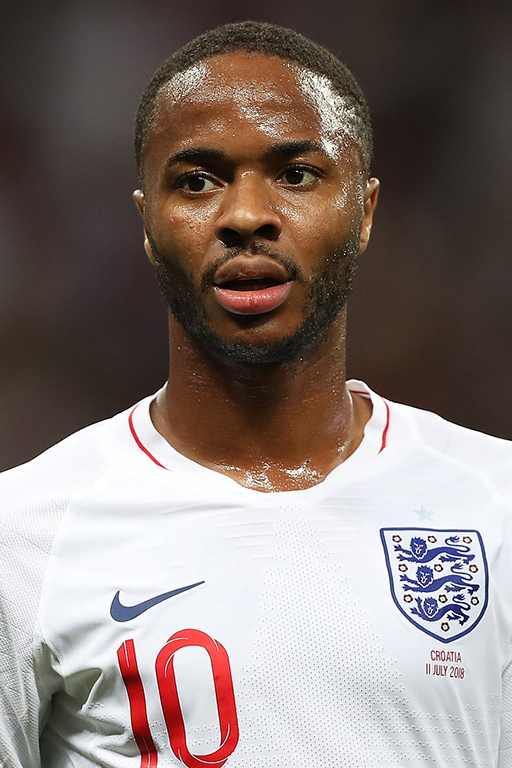(BBC) England and Manchester City forward Raheem Sterling has backed protests taking place across the UK, saying “the only disease right now is the racism that we are fighting”.
Thousands of people have taken part in Black Lives Matter marches in the UK, despite government warnings to avoid mass gatherings because of the threat of coronavirus.
“This is the most important thing at this moment in time because this is something that is happening for years and years,” Sterling, 25, said.
Large protests have been held in London, Bristol, Manchester, Wolverhampton, Nottingham, Glasgow and Edinburgh following the death of American George Floyd.
Floyd, 46, died while being arrested on 25 May in Minneapolis. The four officers involved have since been charged over the death, which sparked days of protest in the US and demonstrations across the world.
Speaking to the BBC’s Newsnight programme, Sterling said: “Just like the pandemic, we want to find a solution to stop it.
“At the same time, this is what all these protesters are doing. They are trying to find a solution and a way to stop the injustice they are seeing and they are fighting for their cause.
“As long as they are doing it peacefully and safely and not hurting anybody and not breaking into any stores, they continue to protest in this peaceful way.”
Many sports people have spoken out in protest over Floyd’s death, with Sterling’s England team-mate Jadon Sancho making on-pitch statements in Germany’s Bundesliga.
Sterling, whose City side return to Premier League action on 17 June, has previously spoken of racist abuse he has suffered and the media’s portrayal of black players.
Asked whether speaking out makes his job as a footballer harder, he said: “First and foremost, I don’t really think about my job when things like this happen. I think about what is right.
“And at this moment in time, there’s only so much people can take. There’s only so much communities and other backgrounds can take – especially black people.
“It’s been going on for hundreds of years and people are tired and people are ready for change.
“I keep saying this word. I see a lot of people on social [media], supporting the cause. But this is something that needs more than just talking.
“We need to actually implement change and highlight the places that do need changes.
“But this is something that I myself will continue to do, and spark these debates and get people in my industry looking at themselves and thinking what they can do to give people an equal chance in this country.
“Hopefully other industries can do that, and everyday society and the system as well.”









